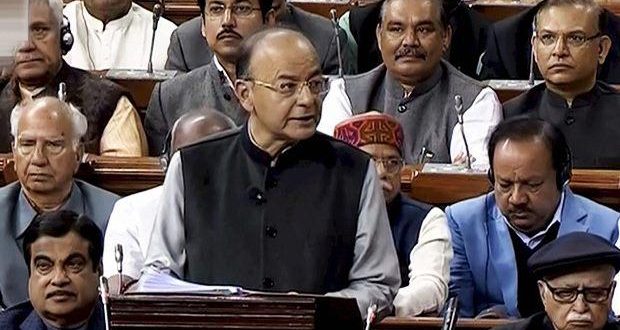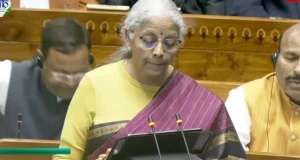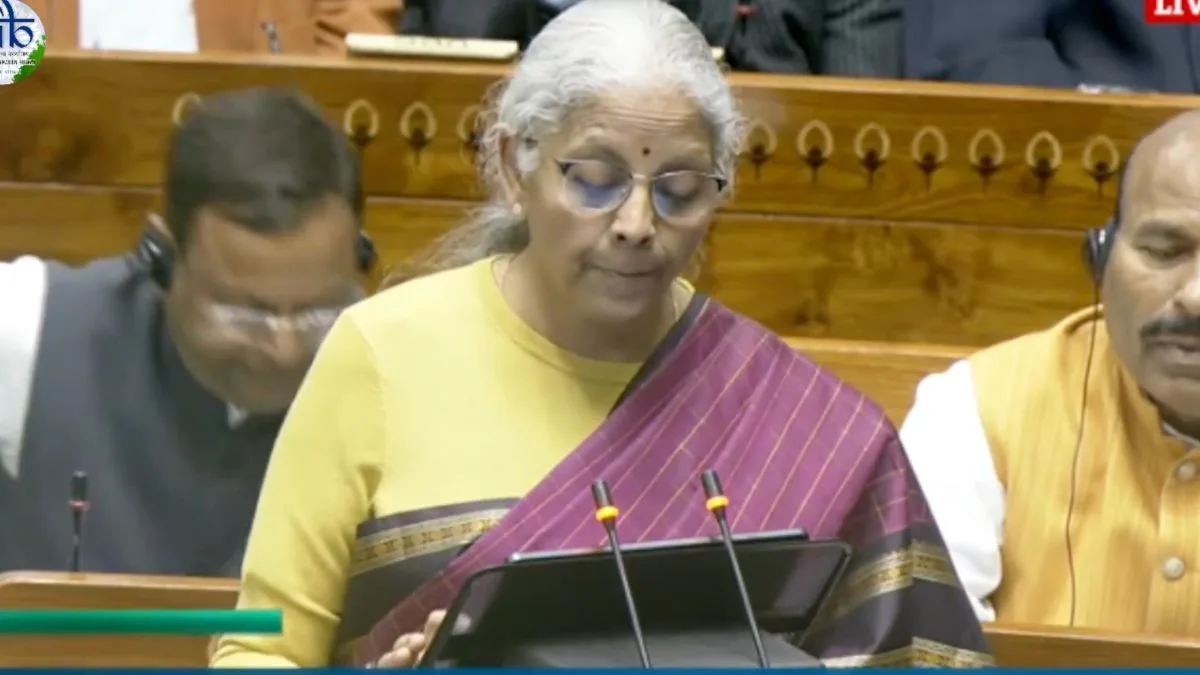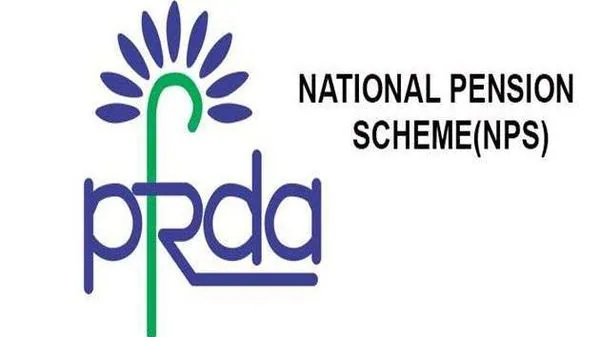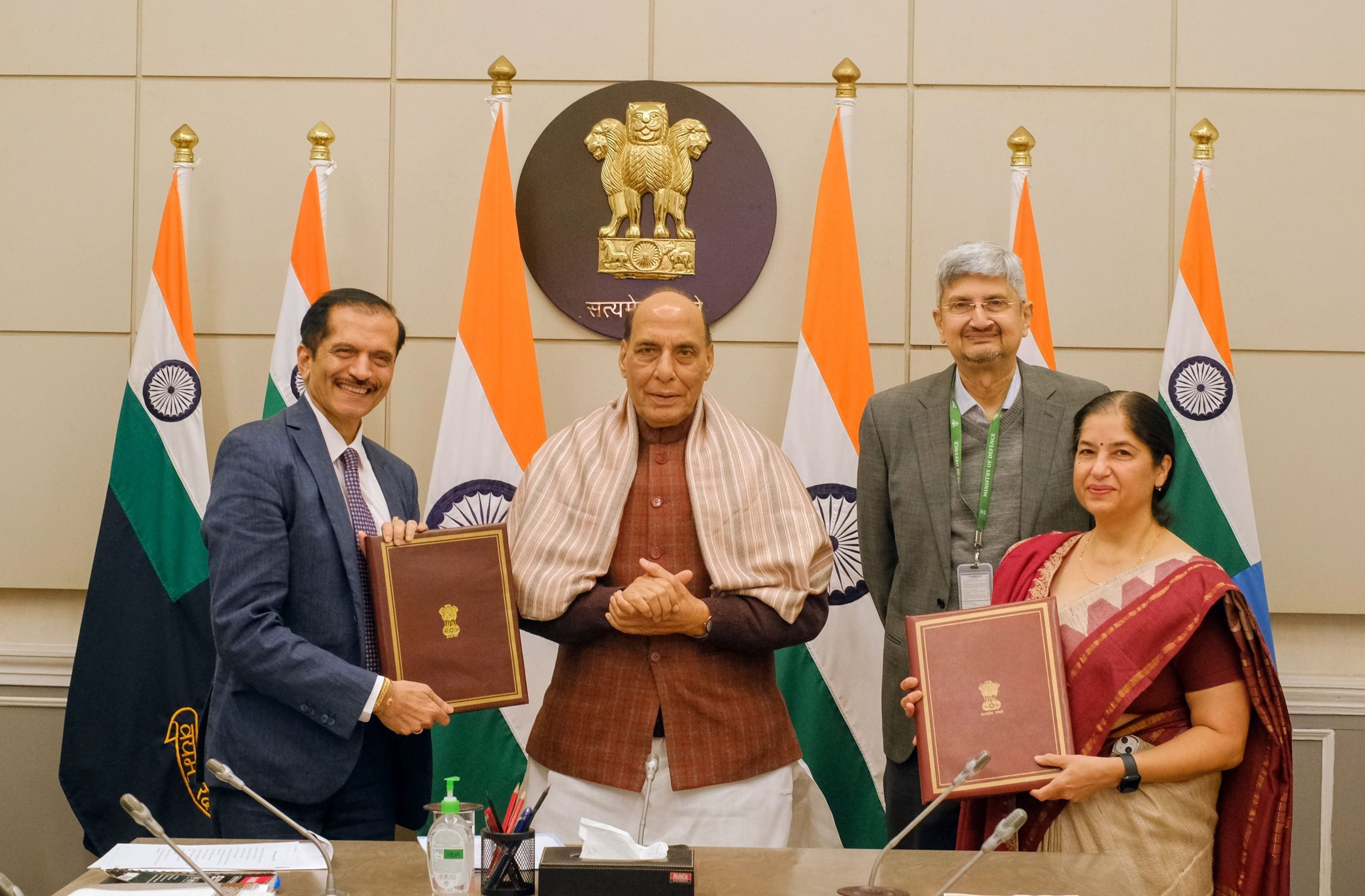The Government has initiated efforts to generate funds as well as undertake banking sector reforms. The Union Minister for Finance and Corporate Affairs, Shri Arun Jaitely, while presenting the General Budget 2018-19 in Parliament here today said that the Government has initiated the process of strategic disinvestment in 24 CPSEs including strategic privatization of Air India. Highlighting the Government’s effort to generate funds, the Finance Minister said that the Exchange Traded Fund Bharat-22 which was introduced to raise Rs. 14,500 Crore, was over-subscribed in all segments. Similarly, the 2017-18 Budget Estimates for disinvestment were pegged at the highest ever level of Rs.72,500 Crore and the estimated receipts from the same are expected to the tune of Rs.1,00,000 crore in 2017-18, far exceeding the target. The Finance Minister has also set the disinvestment target of Rs.80,000 crore for 2018-19.Making his Budget Speech, the Finance Minister said that bank recapitalization program has been launched with bonds of Rs.80,000 crore being issued this year. This recapitalization will pave the way for the Public Sector Banks to lend additional credit of Rs.5 lakh crore. It is proposed to allow strong Regional Rural Banks to raise capital from the market to enable them to increase their credit to rural economy.
National Housing Bank Act is being amended to transfer its equity from the Reserve Bank of India (RBI) to the Government. Indian Post Offices Act, Provident Fund Act and National Saving Certificate Act are being amalgamated and certain additional people friendly measures are being introduced. To provide the Reserve Bank of India an instrument to manage excess liquidity, Reserve Bank of India Act is being amended to institutionalize an Uncollateralized Deposit Facility. Securities and Exchange Board of India Act, 1992, Securities Contracts (Regulation) Act 1956, and Depositories Act 1996, are being amended to streamline adjudication procedures and to provide for penalties for certain infractions.
 Indian Industry Plus A Pratisrutiplus Suppliment
Indian Industry Plus A Pratisrutiplus Suppliment





